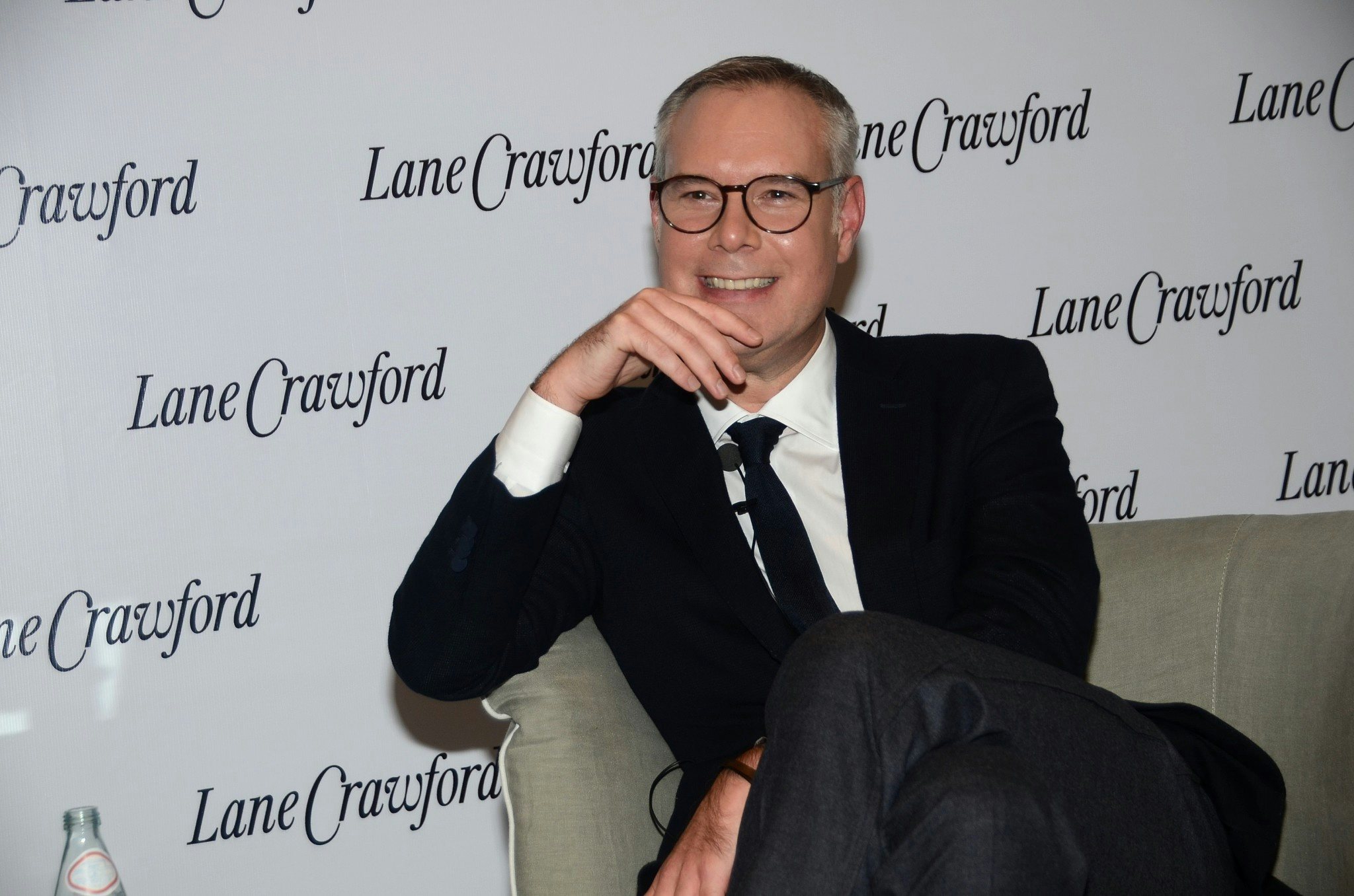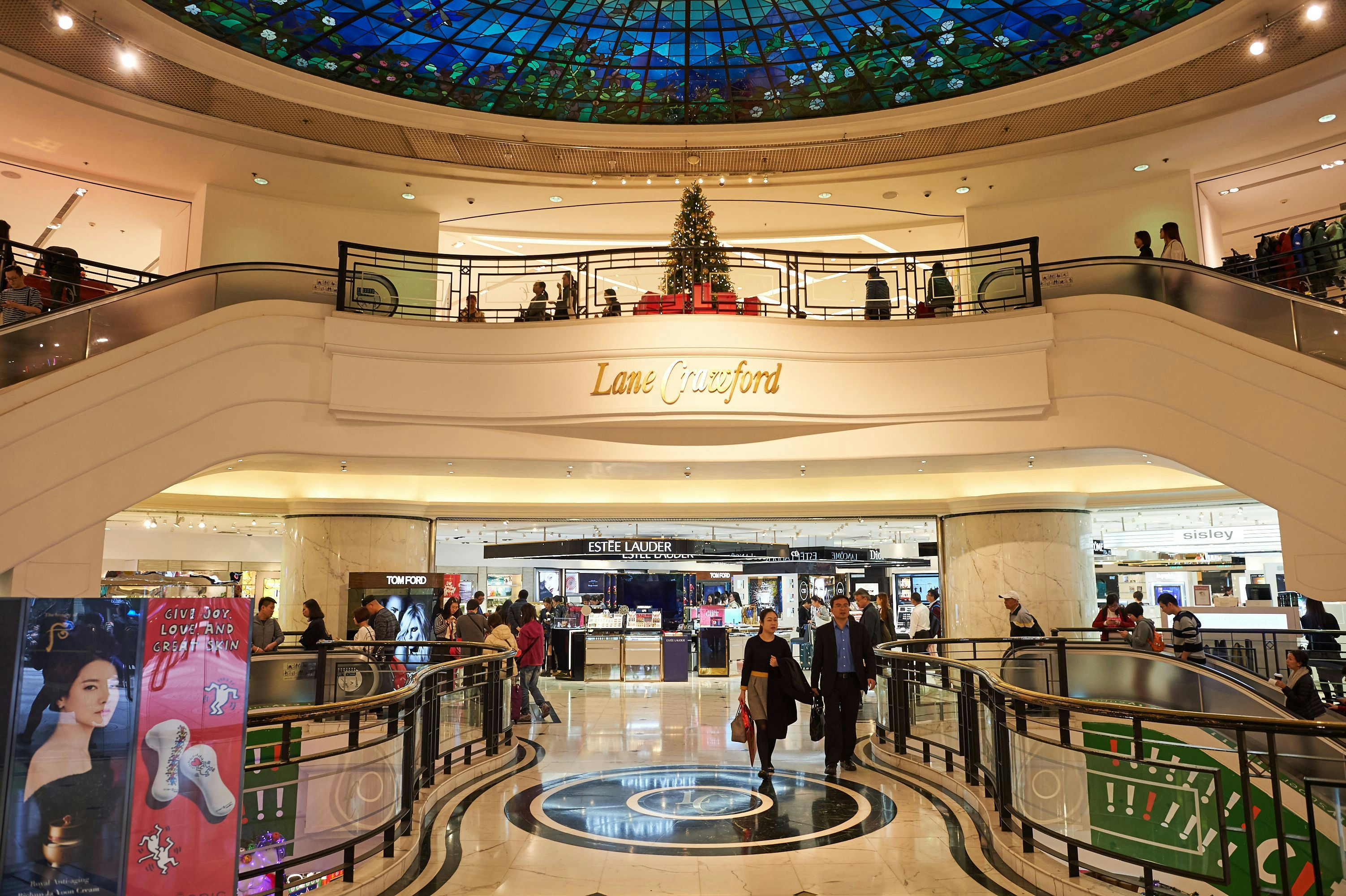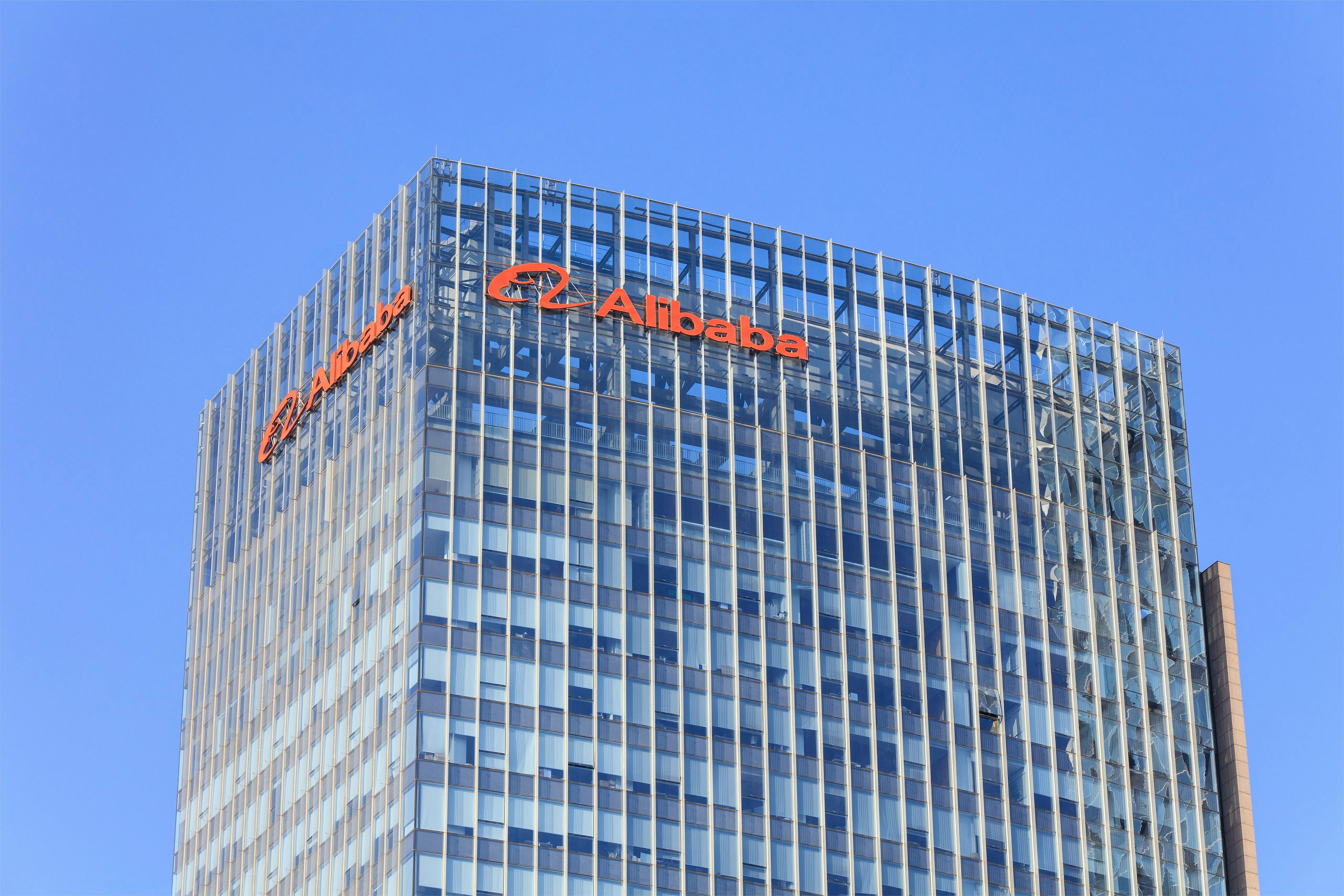Founded in British Hong Kong, the high-end fashion retailer Lane Crawford has withstood a century and a half of ups and downs in Asia's shifting economy. The heritage luxury department store that is arguably the “Harrods of the Far East”, however, is not immune to China’s economic well-being now that half of its total of eight stores are located on the mainland.
In the beginning of 2017, China reported the lowest economic growth over the past 26 years. Although the stall has seen remission in the second quarter, the economic outlook looks bleak for traditional brick-and-mortar luxury retailers.
“We are in a fortunate position in that we’ve got heritage, so we’re trusted,” said Andrew Keith, President of Lane Crawford and Joyce Group, which owns Lane Crawford and sister boutique Joyce, during an interview with the online fashion business publication Drapers on October 5.
Keith seems perturbed about economic fluctuations including the currency swing and changing consumer demographics. He emphasized the advantages of Lane Crawford's long history.
“Generations of people have grown up with Lane Crawford,” he said, yet acknowledging the challenges and the actions that have to be taken to survive. “To continue to be a leader and be able to guide this exciting next generation of customers as they evolve is something we feel energized by.”
The definition of luxury is entirely different today than even a decade ago; how an old luxury business like Lane Crawford has managed to keep going strong, according to Keith, is his vision in customer profiling and the stores’ emphasis on merchandise curation and online retail.
Lane Crawford allocated considerable investment in shopper research, through ethnographic surveys in various regions in China. Keith said the company’s goal is to understand and profile shoppers’ values and living expectations so the company can better serve them.
“It’s a great way for us to connect with our customers in a meaningful way and get some rich insight from them,” he said. “It’s feeding into how we’re starting to shape our customer journey and our strategy around that.”
The company’s plan is to continue to step up its brick-and-mortar stores’ merchandise curation, creating an “immersive” retail experience—instead of arranging by product categories, Lane Crawford store curators divide the store layouts according to consumer profiles and lifestyles findings from the research.
Apart from the traditional brick-and-mortar retail method, Keith also gave a nod to the online-to-offline (O2O) commerce strategy, which is what China's e-commerce giant Alibaba Group has recently been aggressively pushing.
“We’re dealing with the most mobile and affluent young customer globally,” he said. “Looking at the stats around what luxury spend could look like in 2020, 44 percent will come from Chinese customers, half of that will come from China itself and the majority will be from millennial customers. If you think about the market opportunity, it’s pretty significant.”
According to the auditing firm PwC’s 2017 Total Retail report, 97 percent of the Chinese survey respondents said that they were online shoppers.
To better serve these Chinese online shoppers, Lane Crawford has adopted a “lighthouse location” strategy in mainland China with offline stores in Beijing, Shanghai, and Chengdu, ensuring its express delivery service could can as many major Chinese cities as possible. Meanwhile, the retailer has been building its online retail platform as its flagship.
Keith reiterated the importance he finds in researching and understanding the Chinese market.
“Try to get under the skin of Chinese contemporary culture and what’s happening digitally,” he said. “I think, actually, there is an opportunity to say that luxury for 2020 will be a different experience. We’re looking at how that can be redefined.”


